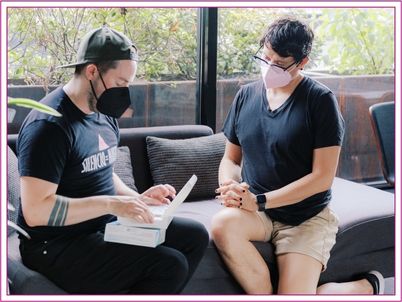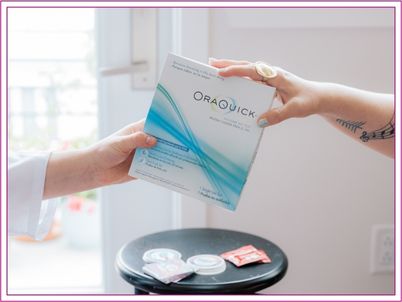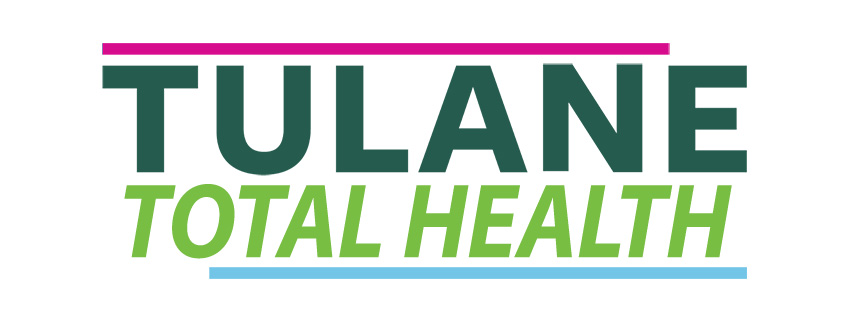Frequently Asked Questions
 The AIDS Drug Assistance Program (ADAP) provides U.S. FDA-approved medications to low-income people with HIV who have limited or no health coverage from private insurance, Medicaid, or Medicare.
The AIDS Drug Assistance Program (ADAP) provides U.S. FDA-approved medications to low-income people with HIV who have limited or no health coverage from private insurance, Medicaid, or Medicare.
Bilingual support staff are available to help our patients navigate these federal programs. These programs allow us to care for HIV positive individuals, no matter their insurance status or income level, at little or no cost to the patient.
 HIV (human immunodeficiency virus) is a virus that attacks the cells that naturally fight infection in the body. A weakened immune response makes a person more vulnerable to other infections and diseases. It is most commonly spread through bodily fluids during unprotected sex or while sharing injection equipment.
HIV (human immunodeficiency virus) is a virus that attacks the cells that naturally fight infection in the body. A weakened immune response makes a person more vulnerable to other infections and diseases. It is most commonly spread through bodily fluids during unprotected sex or while sharing injection equipment.
If left untreated, HIV can lead to the disease AIDS (acquired immunodeficiency syndrome).
An HIV diagnosis is life-long. At this time, there is no cure for HIV or AIDS, and the body cannot get rid of the virus on its own.
Luckily, however, when taken as prescribed, HIV medicine can reduce the amount of HIV in the blood (also called the viral load) to a very low level. This is called viral suppression. If a person’s viral load is so low that a standard lab can’t detect it, this is called having an undetectable viral load. People with HIV who take HIV medicine as prescribed and get and keep an undetectable viral load can live long and healthy lives and will not transmit HIV to their HIV-negative partners through sex.
In 2020, Louisiana ranked 4th in the nation for HIV cases by population, and New Orleans ranked in the top 10 among large metropolitan areas.
In 2021, nearly a quarter of all new HIV diagnoses occurred among individuals 13-24 years old.
Fortunately, there are safe and effective medications to prevent HIV, including PrEP and PEP.
